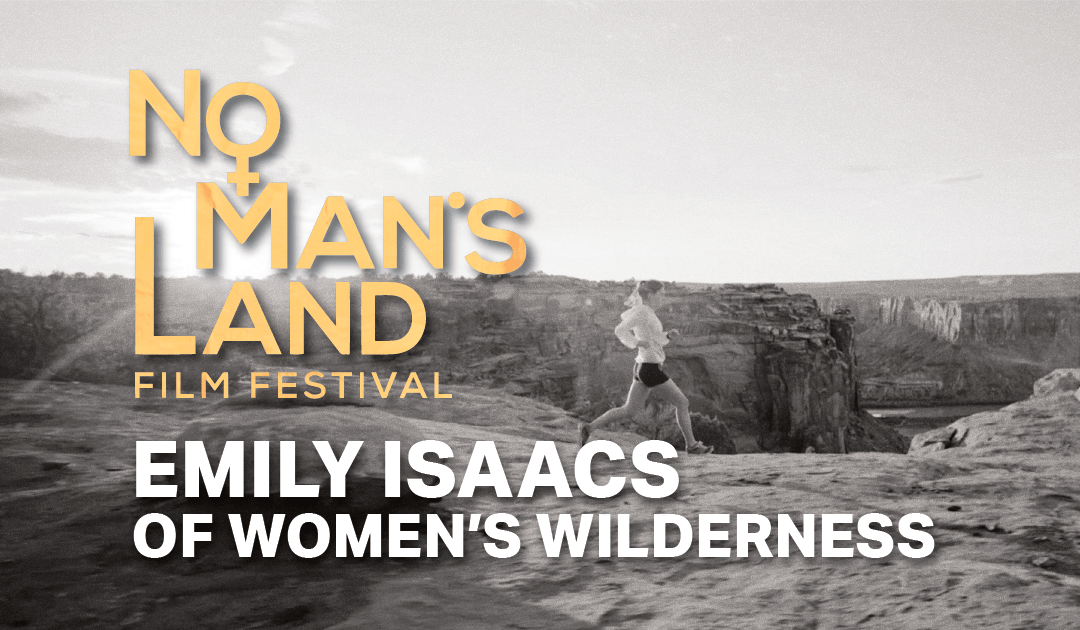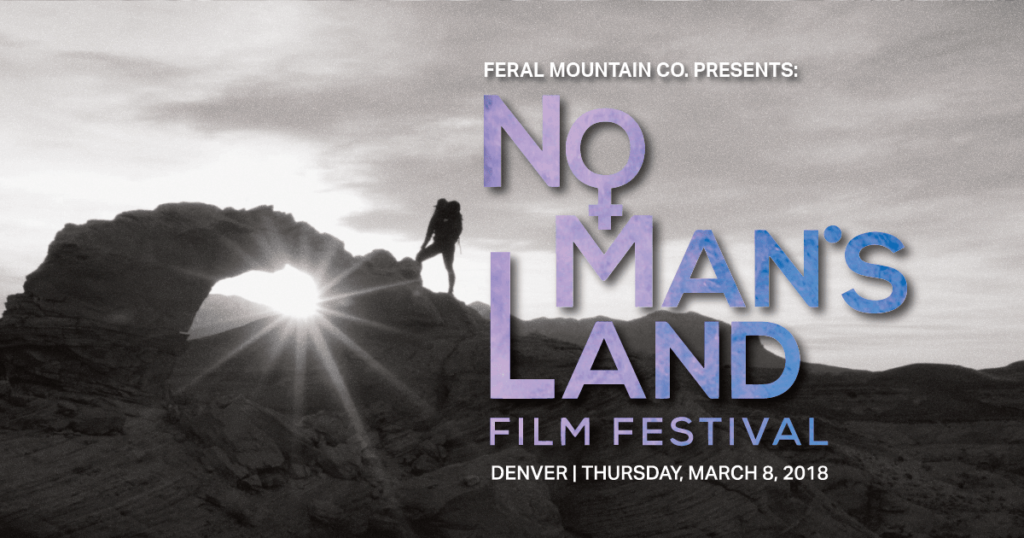Welcome to part two in a series highlighting those involved in the upcoming film festival on March 8, 2018, No Man’s Land: “an all-woman adventure film festival based out of the Rocky Mountains of Colorado that meets a need and desire to highlight and connect with women in pursuit of the radical.”
Tickets can be purchased HERE. For more information visit our Facebook Page!
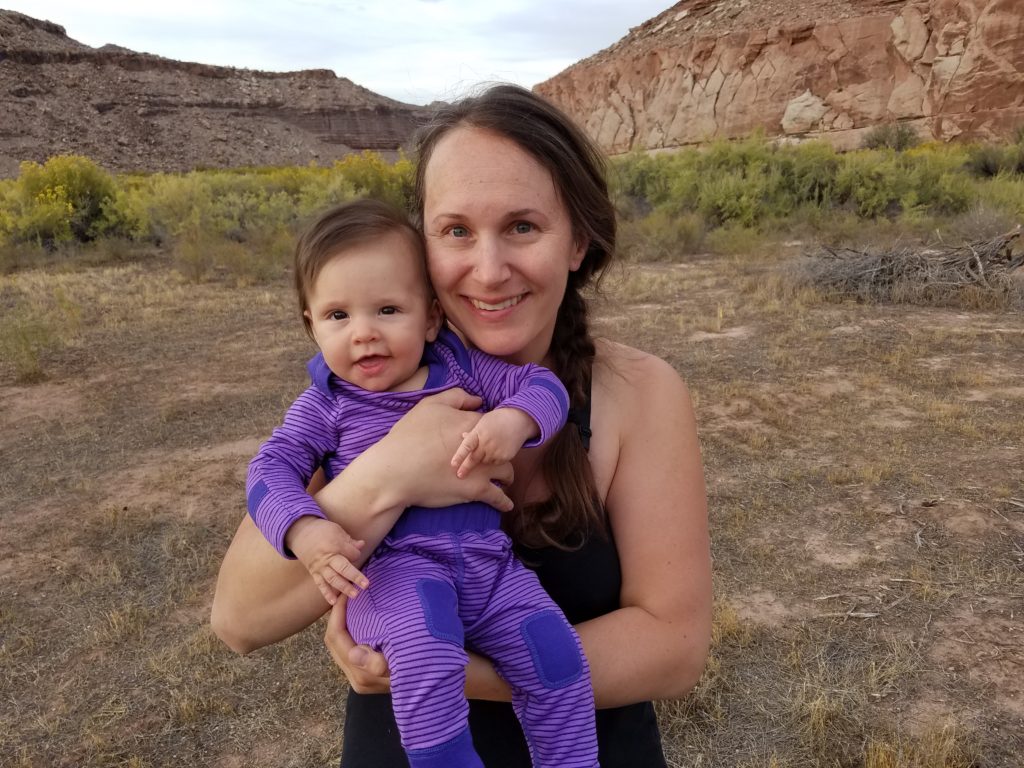
EMILY ISAACS – WOMEN’S WILDERNESS, EXECUTIVE DIRECTOR
FERAL: Let’s start with an introduction! Tell us about yourself…where you’re from, how you got into therapy, education, the outdoors, and how you combined them so seamlessly.
EMILY ISAACS: I grew up in San Francisco and I had the great fortune to grow up camping places like Yosemite and Big Sur, and to have yearly outdoor education trips as part of my middle-school experience. I began working in outdoor education after college, when I wanted to have a life adventure and remembered that my own outdoor ed trips as a student really were the times I felt like my happiest, brightest self. I worked for NOLS, Outward Bound, and several wilderness therapy programs – spending over 10 years sleeping on the ground year-round. When I moved to Boulder, CO for graduate school in Counseling Psychology, I missed that outdoor work and connected with Women’s Wilderness as an instructor. Given that I went to girls’ school from K-8, it just felt instinctively “right.” It spoke to those early empowering experiences on outdoor ed trips in middle school – backpacking with all girls in the winter in Yosemite!
FERAL: How did Women’s Wilderness come to fruition? What was the initial vision and how has that evolved?
EMILY: Women’s Wilderness was founded by Laura Tyson in 1998 – it is our 20 year anniversary this year! 20 years ago, Laura saw that outdoor education was really built around a model where instructors were men and participants were boys. This goes back to the history of schools like Outward Bound and NOLS being stories of MEN. Outward Bound was founded in 1939 when Kurt Hahn observed that the older sailors going to war were surviving, but the younger ones were dying. OB was a type of life skills – resilience and grit training – school for the younger men. This is the founding story. And then NOLS came along to train instructors for OB. Both schools do fantastic work today, but, Laura asked…what if the founding history of an outdoor school said more about WOMEN and GIRLS? What if it really held women and girls – the way they learn, work together, and grow – at the heart of the school? This is how Women’s Wilderness came to be.
Laura took a concept from mainstream outdoor education – “Challenge by Choice,” and developed it into “Conscious Choice.” Women’s Wilderness asks participants to explore their own boundaries, their “yes” and “no.” This means learning to trust your intuition, your body, your heart, your mind. That’s a big deal for both life in the backcountry (should we cross the river here or look for another place? Should we keep climbing despite the storm clouds?) AND life at home (do I trust this person or not? Can I speak up for myself in a difficult situation?)
We have evolved this guiding principle into our current curriculum, which takes girls, women, and LGBTQ-identified participants outdoors to learn how to backpack, rock climb, canoe, and more. We focus on Growth Mindset, Emotional Literacy, and Identity Development, as appropriate, on each course, and how learning technical skills outdoors can help us develop tools in all these areas that transfer to life at home.
FERAL: The outdoors can provide therapeutic healing for adults and youth alike. However, it’s considered a much more alternative form of therapy than other traditional methods. Can you talk a little bit about this from your perspective?
EMILY: I think that just sadly speaks to how alienated we are as a culture from our totally natural and deep connection to being outdoors. The earth is our home, and we grew up as a species outdoors! I personally do not buy into modes of therapy that approach people as “broken” – I see all of us as really inherently OK and whole, living in a pretty isolating society that is not inclined towards directing us towards health, rather, directing us towards consuming. And consuming does not make us feel whole, though at times it sure seems enticing and promising!
So – when you get people outside, away from their phones, away from screens, away from mirrors and places and people saying “You are not enough as you are,” and WITH the wind, the stars, the trees and rocks…and WITH other people, talking around a campfire… of course, this is going to be naturally therapeutic and healing, WHOLE-ing. Because it gets you back in touch with relationship: with yourself, with other people, with the earth – the real world.
There is a slew of recent research that backs this up – see “Your Brain on Nature” by Eva Selhub and Alan Logan, or “The Nature Fix” by Florence Williams – but honestly, it has always seemed to me like common sense.
FERAL: How did your experience in the outdoors growing up shape your professional endeavors now? Were the outdoors always a significant part of your life?
EMILY: As I mentioned earlier, growing up in California gave me the opportunity to camp in amazing places like Yosemite. Truth is, as an 8-year-old, I don’t remember El Cap – I remember the tadpoles in the Merced! There’s the magic for any 8-year-old – it does not take a mountain! I also was lucky to have day-in, day-out experiences in city parks, finding puddles to jump in and trees to climb. The wilderness of an empty lot can hold a lot of potential, you just have to get the kids outside and to the empty lot! I think these early connections helped me know that those were the places I felt like my best self, and when I was looking for a career, that was the feeling I wanted to pursue and live.
FERAL: You’re joining us as part of the No Man’s Land film festival. How did you get involved with this event and what are you hoping it accomplishes for both women in the outdoor industry, mental health sphere, and beyond?
EMILY: I was excited to have Feral Mountain Company contact us at Women’s Wilderness and generously offer to donate all proceeds to our organization! I first heard of the event through Kathy Karlo, who we’ve worked with here at Women’s Wilderness, and can’t wait to see this year’s films.
As someone who has been working as an outdoors professional for 15 years, I’ve gone to a lot of outdoor film festivals – Banff, Reel Rock, and more. Though these shows get me so PSYCHED to go outside and play – they leave me with so much energy – I always, always notice how male-dominated they are. They are almost all stories from cis-men. I’ve started going to less of these festivals because over the years I feel how they really don’t speak to me or my experience. Last year at Banff my favorite film was about a woman who was a life long climbing guide sharing the sport with her two daughters. As a mom of a two-year old daughter, this spoke to me the most. I personally want to see inspiring role models that I can relate to as a woman.
And there are SO many other groups of folks that get outside who have not seen their stories in mainstream media. I’d like to see No Man’s Land share these kinds of stories and more. I’d like to see it pave the way for all kinds of voices that don’t show up in the mainstream outdoor culture – that organizations like Diversify Outdoors are promoting.
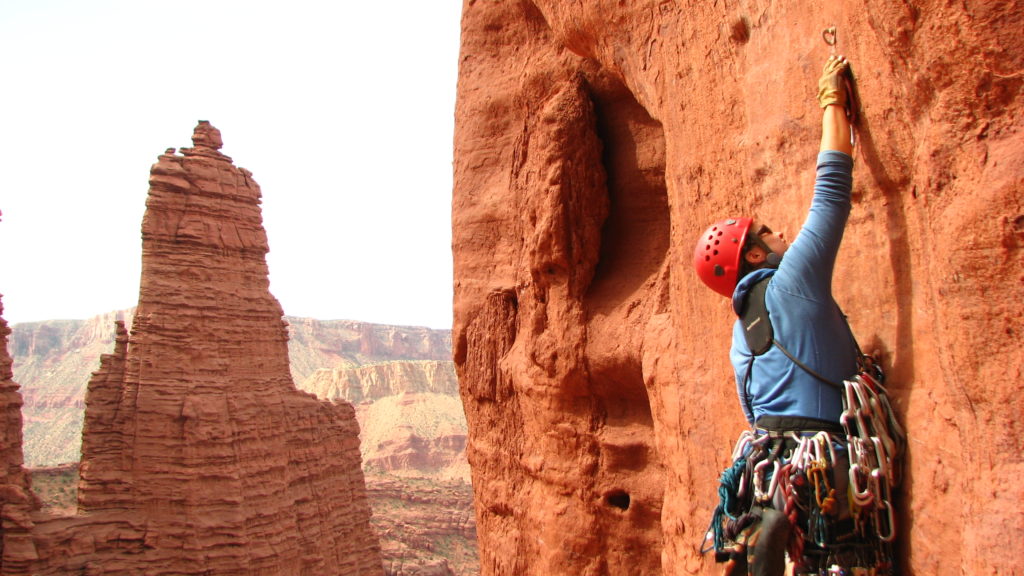
Follow Emily and Women’s Wilderness on Instagram & Facebook.
